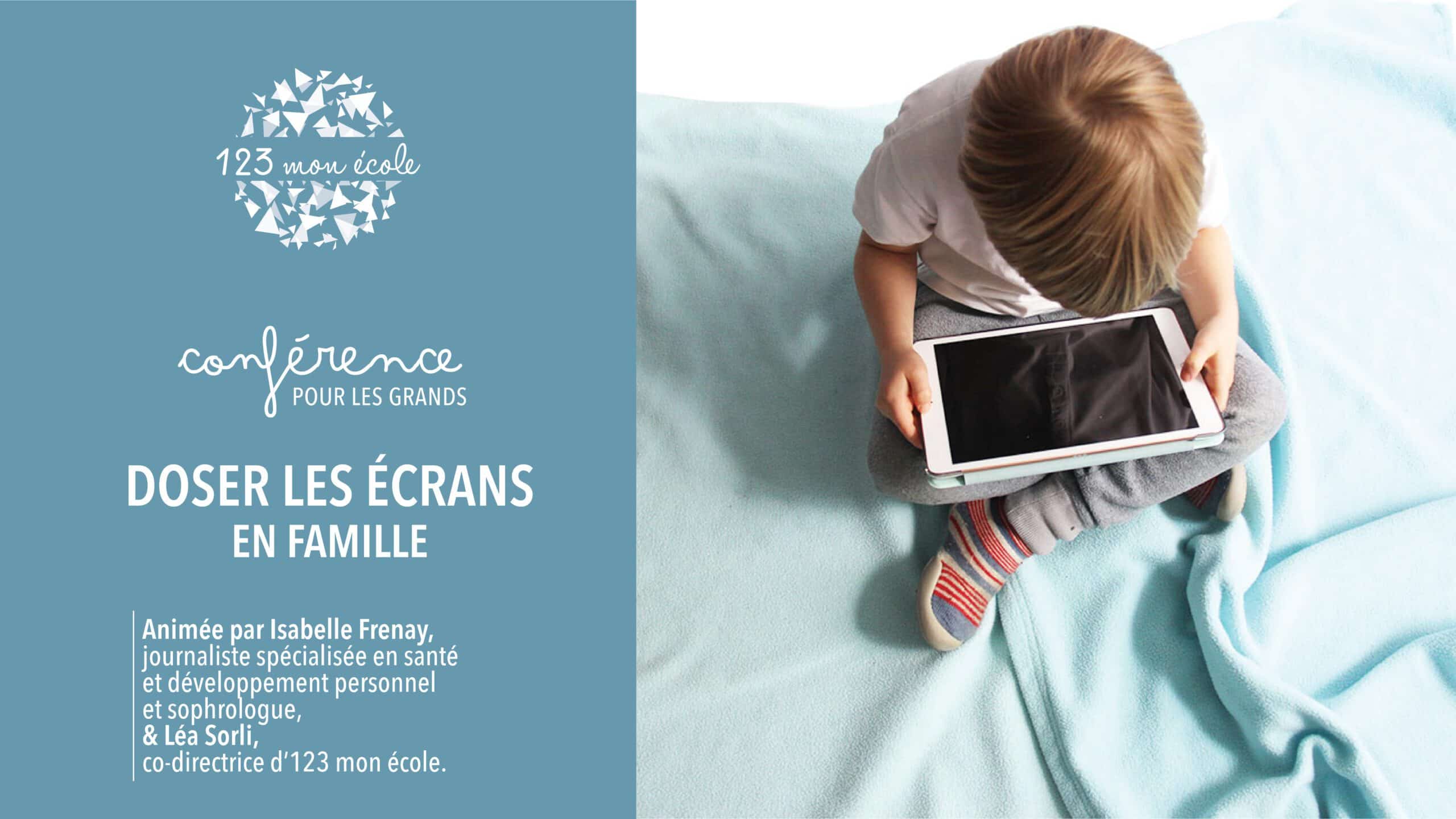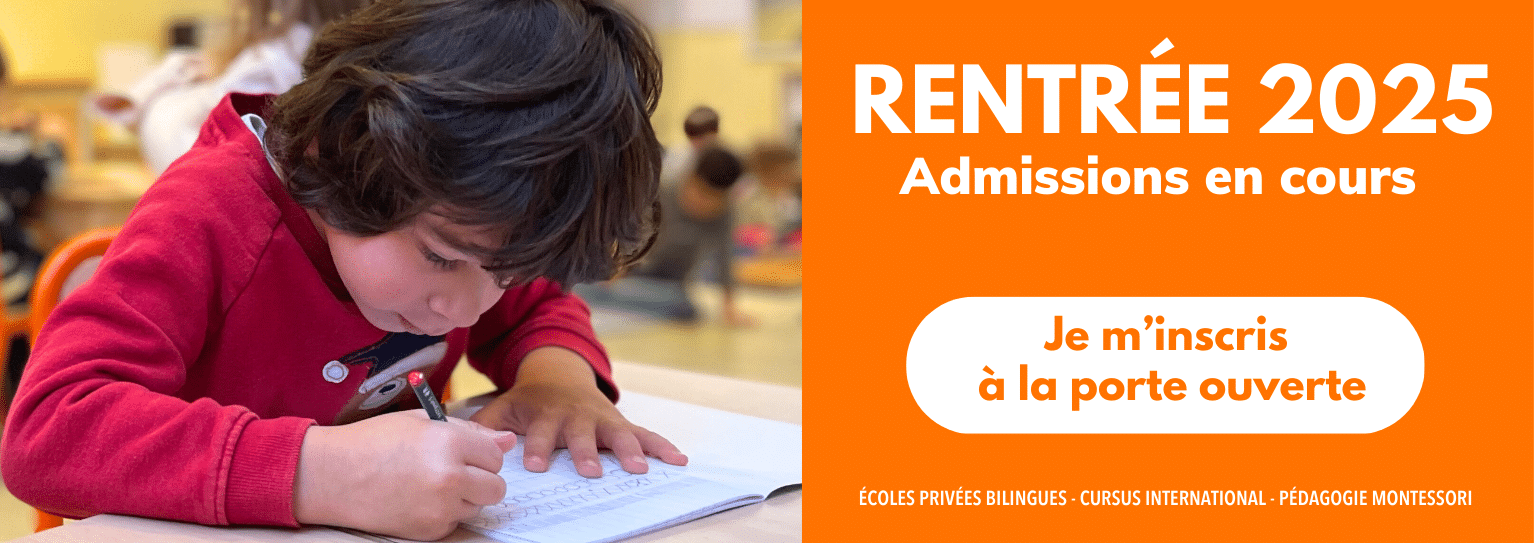#2: Podcast: Dosing screens as a family
In the age of hyperconnection, how can we make screens good tenants? Isabelle Frenay, a health journalist and sophrologist, and Bernard Antoine, an addictologist, unveil an e-DéCLIC method in a book entitled "Doser les écrans en famille" ( First Editions). The aim is to help families regulate the use of digital tools on a daily basis.
In a reassuring presentation, the authors detail 7 steps to prevent and avoid the escalation to emotional and behavioural dependency. The guide first explores the underlying mechanisms of addiction. While the activation of the reward system with the release of dopamine partly explains abuse, the use of screens does not produce the same effects in the brain as addictions involving substances (cocaine, morphine, heroin, alcohol, tobacco etc.....). As a reminder, only video games are listed by the WHO as an addiction.
The workshop :
Parents are then invited to analyse their own relationship with screens by becoming aware of automatic behaviours through a questionnaire. Good practices are as contagious as bad ones!
In order to bring about lasting changes in habits, Isabelle Frenay and Bernard Antoine suggest setting up two schedules to be completed by the family. The first aims to limit exposure time by scheduling time dedicated to screens in the weekly diary using a colour code corresponding to the different media (tablets, television, smartphones, video games, etc.). The second, based on the approach of cognitive-behavioural techniques (CBT), invites parents and children to leave behind harmful habits (tablets in the toilet, smartphone in the bedroom, etc.).
The book gives keys to create a toolbox of new activities (physical, cultural, sports, etc.) and to set aside time for breaks or meditation to exercise attention and limit stress.
Finally, limiting screen time at home means keeping in touch with your child. By learning Non-Violent Communication (NVC), it is possible to learn how to communicate calmly, particularly during adolescence.


